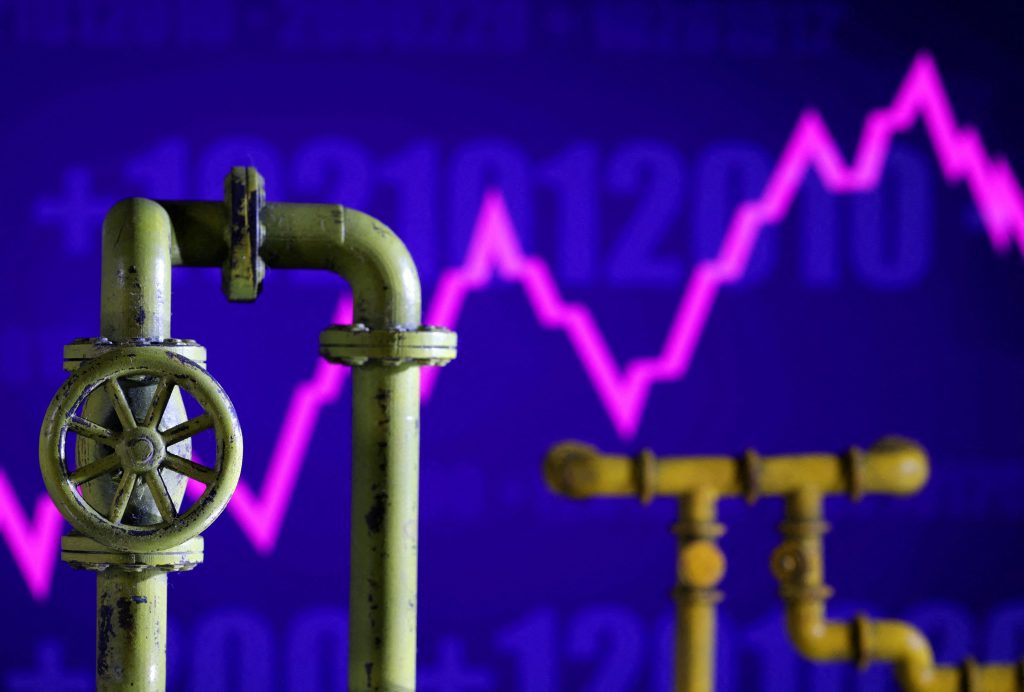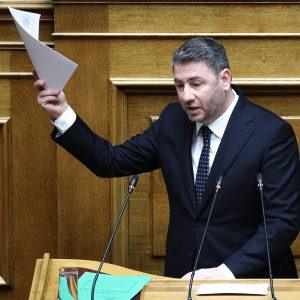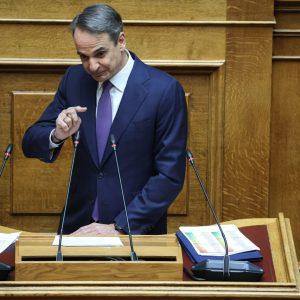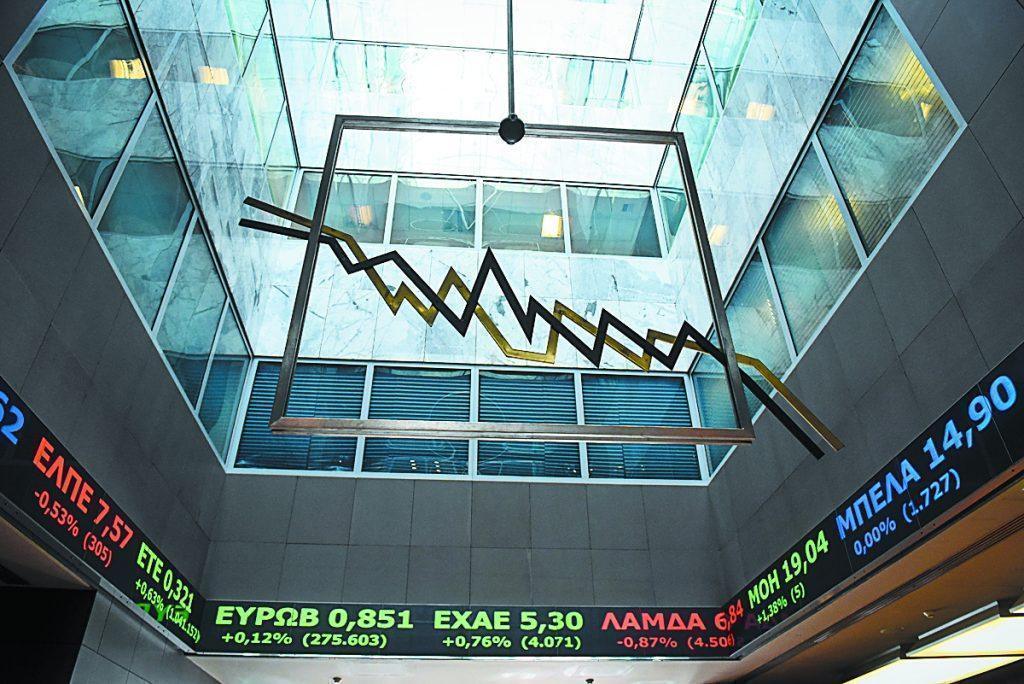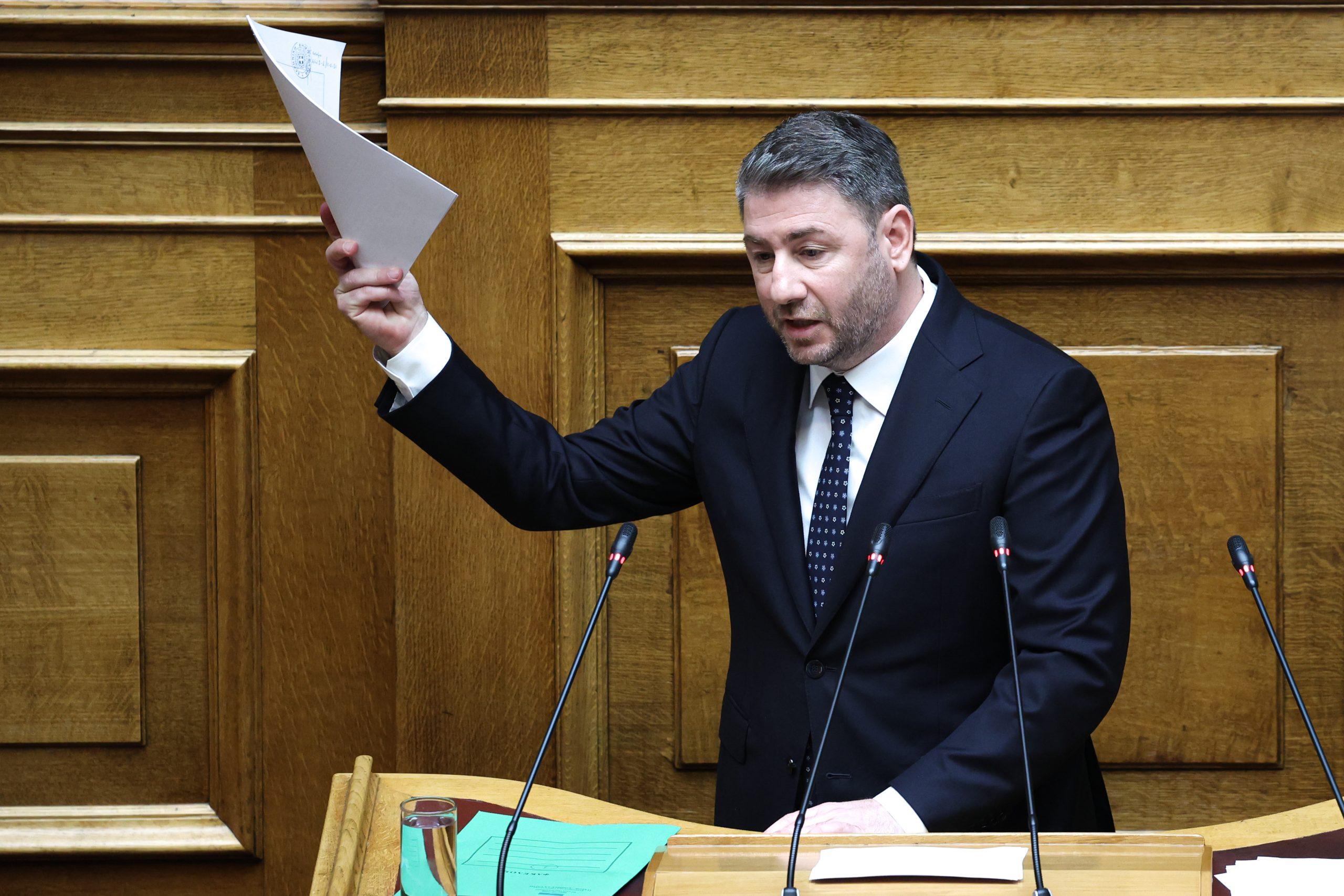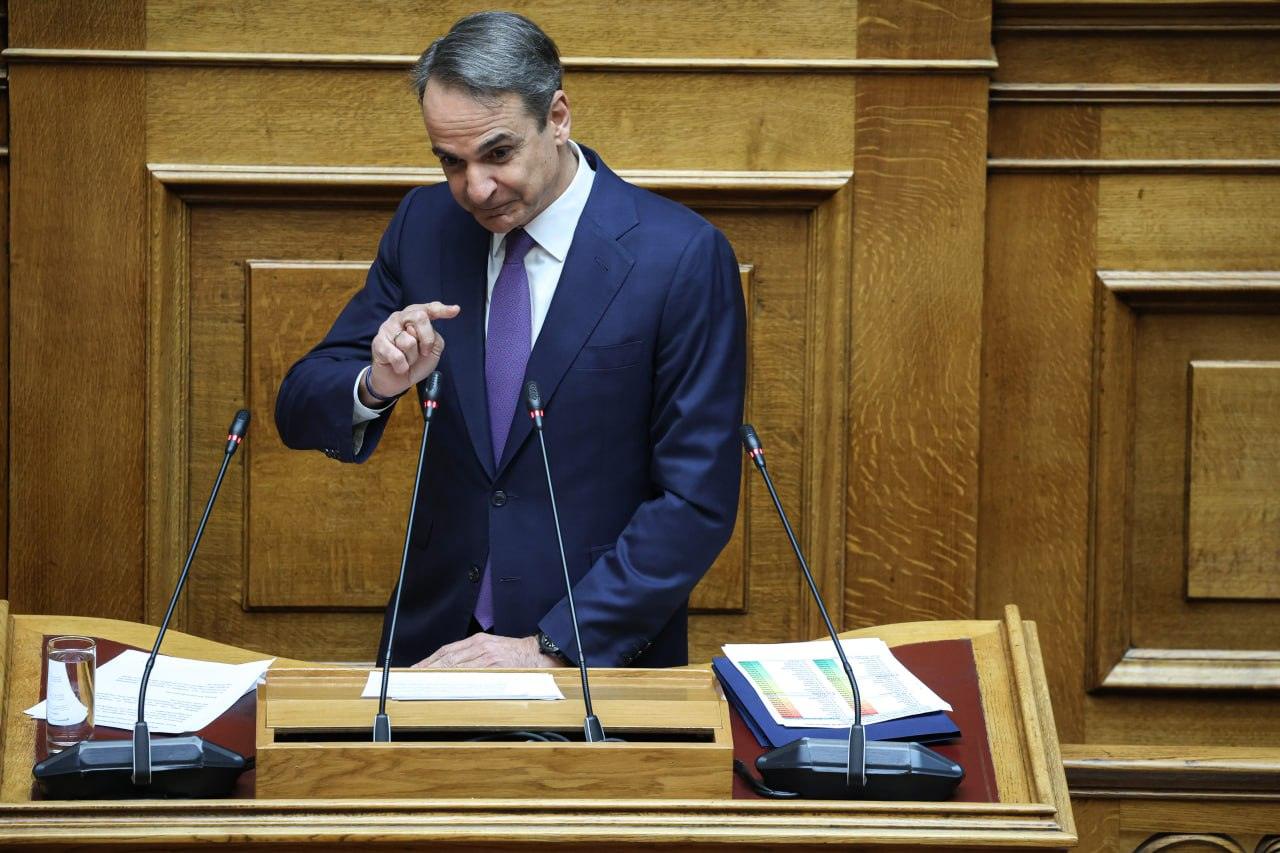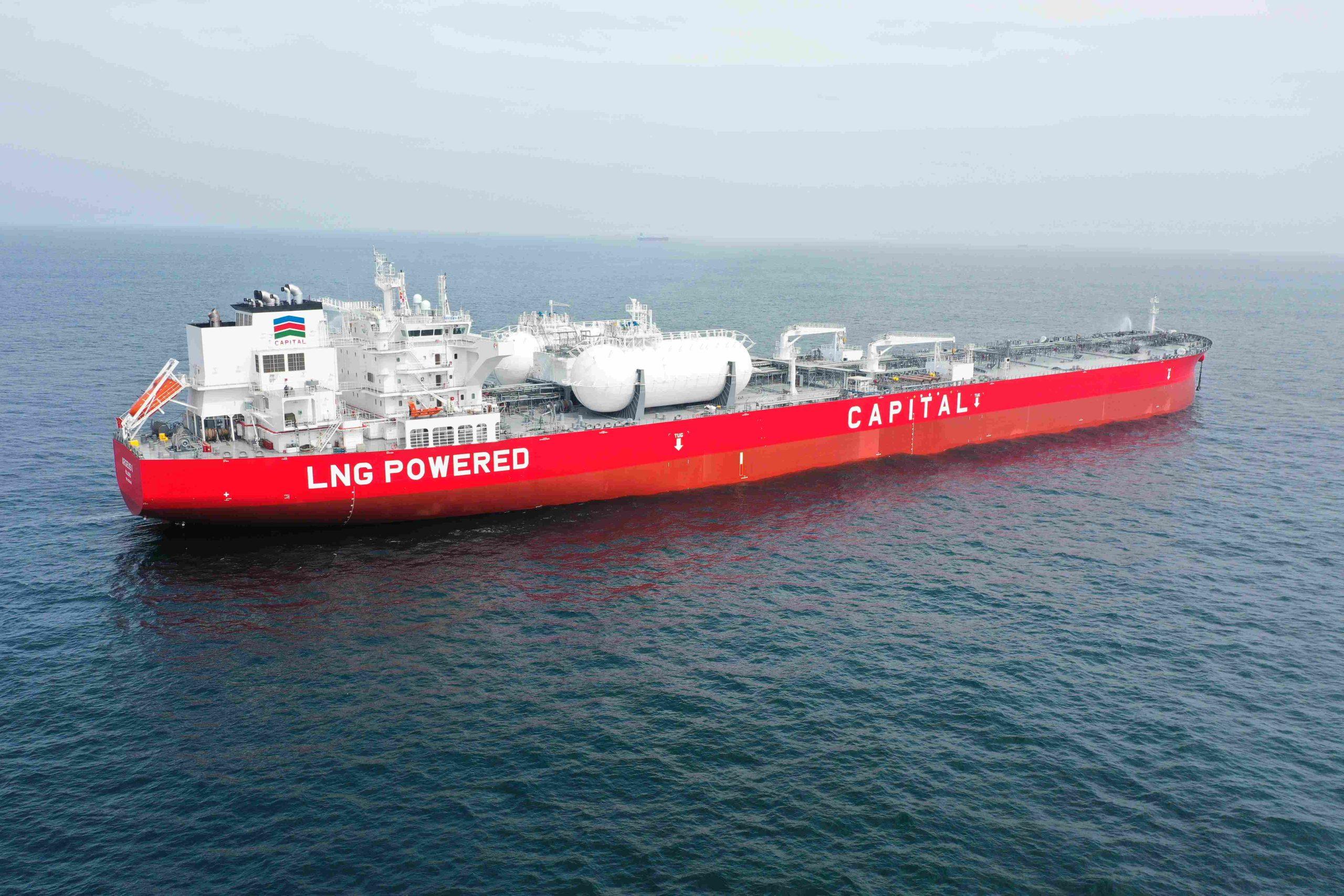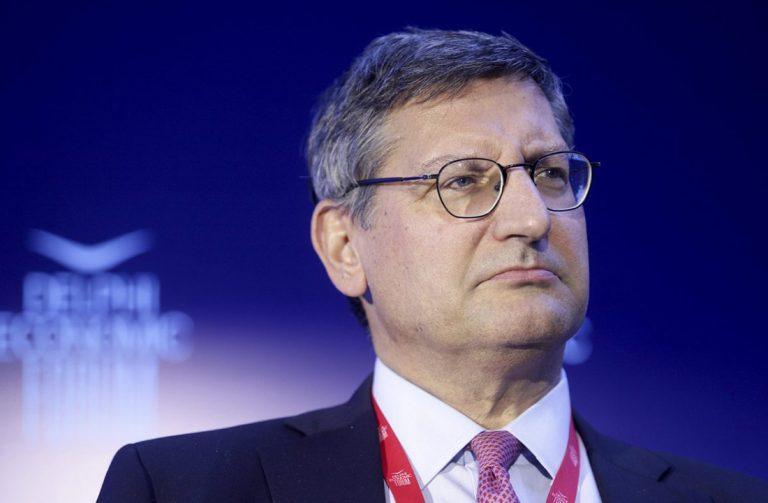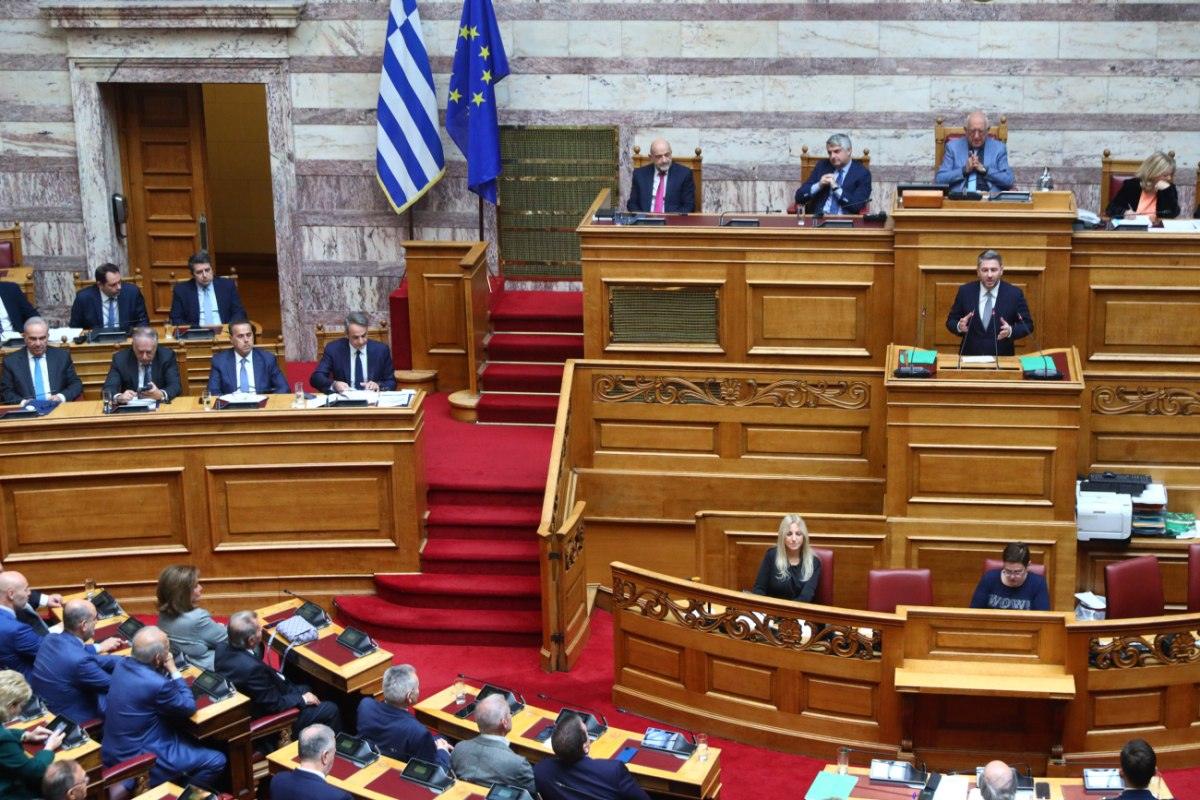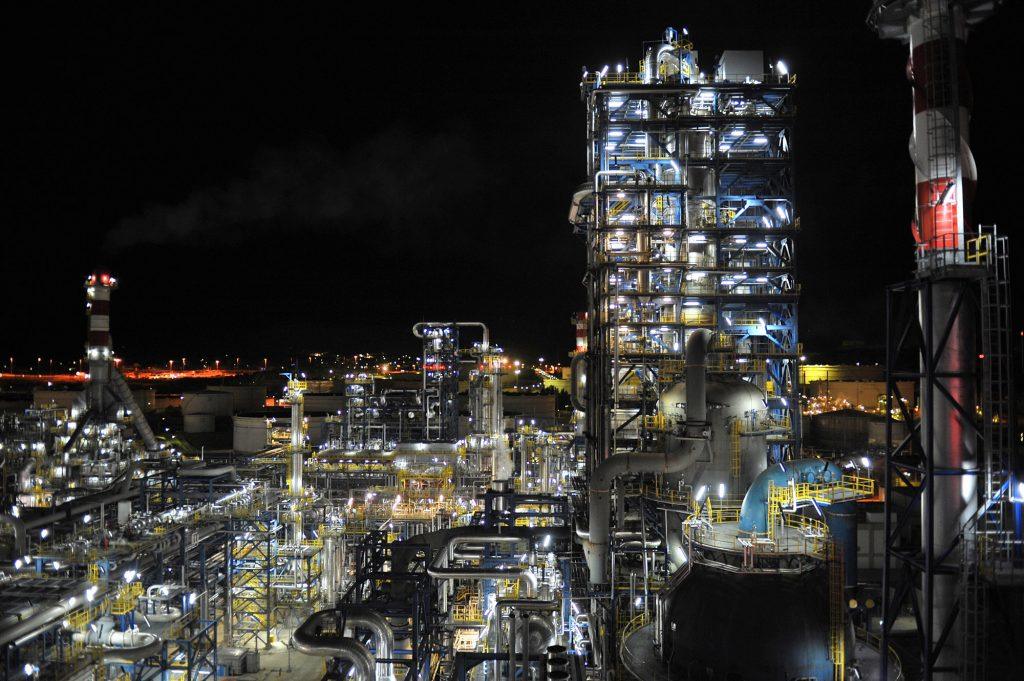Following the suspension of Russian natural gas deliveries through Ukraine on January 1, concerns arose about whether Europe could meet its energy needs.
While the disruption affects the flow of 15 billion cubic meters of Russian gas—previously delivered to Central Europe and the Balkans via Ukraine’s pipelines—European officials have reassured that measures are in place to address the shortfall.
Europe & Greece’s Dependence on Russian Natural Gas
Europe consumes 330 billion cubic meters of natural gas annually, with 15 billion cubic meters originating from Russia and transiting through Ukraine. Kyiv’s decision to halt Gazprom’s transit services after declining to renew its agreement with Russia marked a significant shift, but Brussels has emphasized that the EU is prepared to fill the gap.
For Greece, the situation is somewhat different, according to an article at OT.gr. The country’s supply chain for Russian gas relies on the TurkStream pipeline, which traverses the Black Sea, passes through Turkey, and reaches Greece via Bulgaria and the National Natural Gas Transmission System at Sidirokastro. Greece also imports smaller quantities of gas through the TAP pipeline, which transports natural gas from Azerbaijan. However, a major component of Greece’s energy strategy is the LNG terminal at Revithoussa.
The Revithoussa LNG terminal not only supports Greece’s domestic needs but also supplies Balkan countries affected by Moscow’s pipeline closures. Gas destined for Balkan markets is transported via the IGB (Interconnector Greece-Bulgaria) pipeline and through the Sidirokastro entry point. Further enhancing Greece’s energy capabilities is the newly operational Alexandroupolis Floating Storage Regasification Unit (FSRU), which imports LNG, regasifies it, and supplies it to both domestic and Balkan markets.
Despite its diversified supply sources, Greece remains significantly dependent on Russian gas. During an 11-month period, Russian gas accounted for 56.9% of Greece’s total natural gas imports. Nonetheless, Greece has been able to reduce its reliance on Russian supplies since the onset of the energy crisis, bolstered by its growing reliance on renewable energy sources (RES). Currently, RES generates 55% of the electricity consumed by Greek households and businesses, significantly mitigating the country’s dependence on natural gas.
Impact on Prices and Arbitration with Gazprom
Energy prices remain a critical concern. The Moscow-Kyiv conflict has driven up TTF gas prices, which recently surged to €49 per megawatt-hour. Gas power plants consume roughly 3 billion cubic meters of the 5 billion cubic meters Greece imports annually, meaning price fluctuations have a direct impact on electricity costs. Without RES in the energy mix, the situation would likely be much worse. Developing energy storage systems for solar and wind-generated electricity could further stabilize the market.
Meanwhile, DEPA Commercial, one of Greece’s major Russian gas importers alongside Mytilineos, has initiated arbitration with Gazprom over supply contracts, with a decision expected in the second half of 2025. While this process unfolds, Greece continues to navigate the complexities of balancing its energy security, reducing dependency on Russian gas, and managing the economic impact of global energy market dynamics.
Source: tovima.com
